Ministry exposing scofflaws, revamping norms to better serve carbon goals
The number of smokestack projects approved by government is expected to have declined this year as China forges ahead with its ambitious climate goals, the Ministry of Ecology and Environment said on Thursday.
The number of such projects going through environmental impact assessments this year is estimated to have decreased by 30 percent year-on-year, Liu Zhiquan, head of the ministry's environmental impact assessment and emission management department, told a news conference.
He said the ministry has demanded that local environmental authorities enhance examination to rule out the haphazard development of such projects.
China aims to see its carbon dioxide emissions peak before 2030 and realize carbon neutrality before 2060. The central authorities have vowed to unswervingly curb the introduction of projects with high energy consumption and emissions since the goals were announced in September last year.
Such projects have, for example, been made a major target in the country's high-profile central environmental inspection, in which teams headed by ministerial-level officials report to a central leading group headed by Vice-Premier Han Zheng.
Liu said the ministry, where the inspection office is based, has exposed at least 10 typical violations in introducing such projects.
Following an inspection in Hubei province from August to September, for example, two industrial parks-Huangshi Xingang and Lingcheng-were criticized for constructing eight energy-intensive projects without government approval.
With the acquiescence of park management and local government bodies, "some enterprises conducted construction for an extended period of time", the ministry said in a circular issued in late October.
Liu said that in addition to severely punishing those who start construction without passing necessary official procedures, the ministry will hold officials responsible for the violations accountable "in a serious manner".
He said the ministry is revamping norms for examining and approving projects in different smokestack industries so they can better serve the country's climate goals.
Pilot environmental impact assessment programs focusing on carbon emissions have been rolled out in eight provincial-level regions, including the provinces of Hebei, Shandong and Zhejiang, he said, with industries such as power generation, steelmaking and chemicals covered.
"Aside from striving to set up a supervision mechanism with long-term effectiveness for projects with high energy consumption and emissions, the ministry will enhance its support to guide local environmental authorities on such work," Liu said.









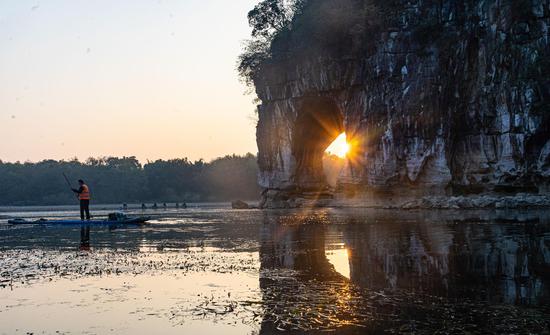

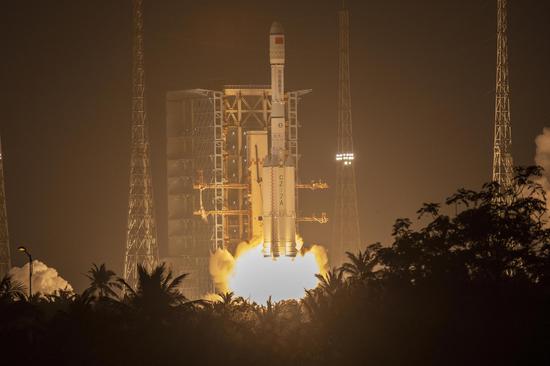



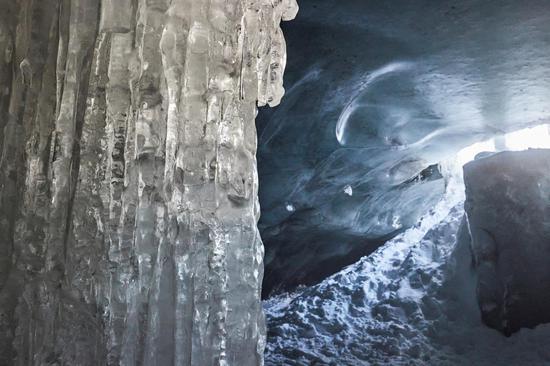
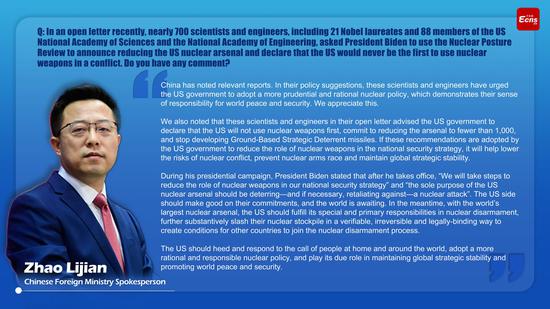
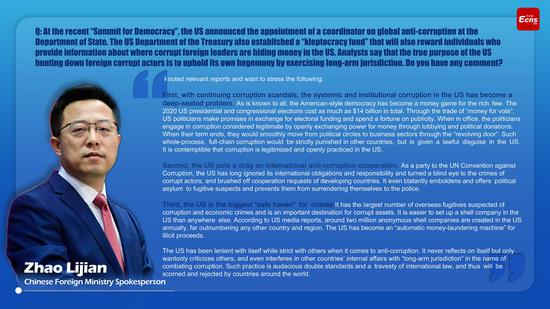



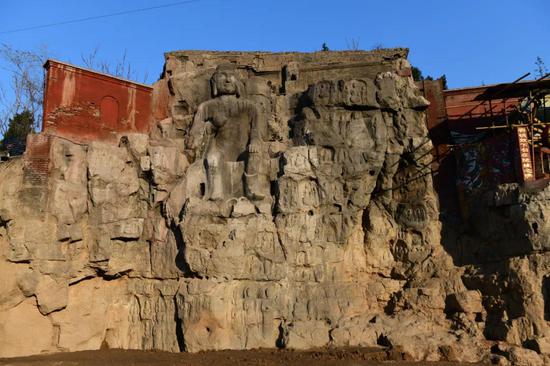

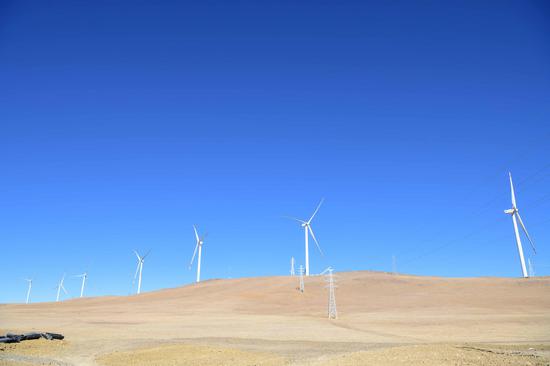
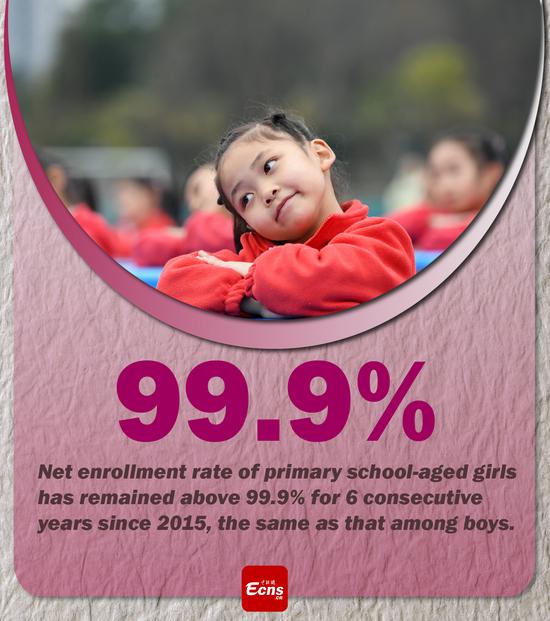


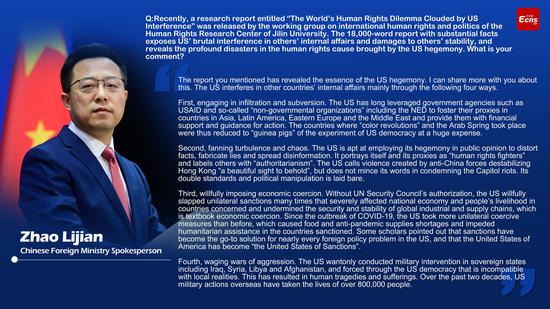

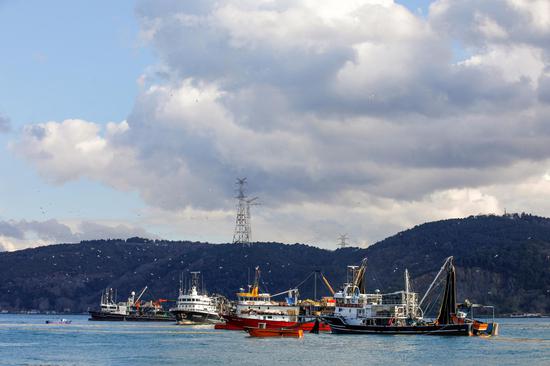










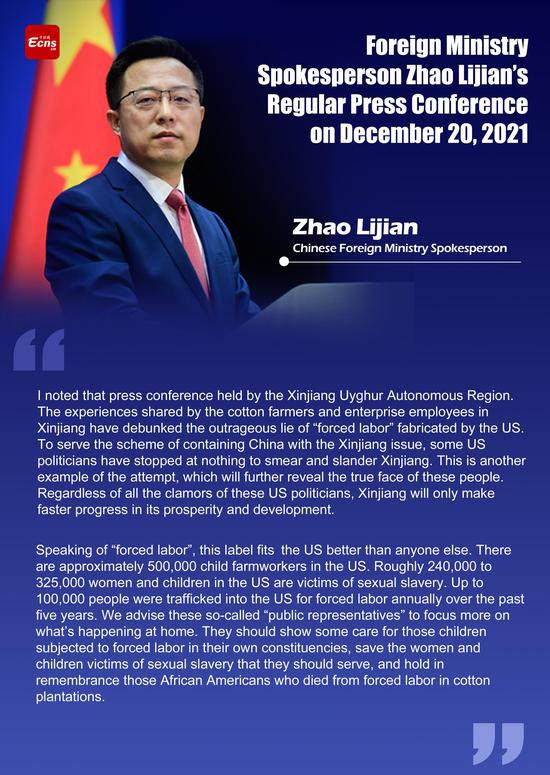









 京公网安备 11010202009201号
京公网安备 11010202009201号